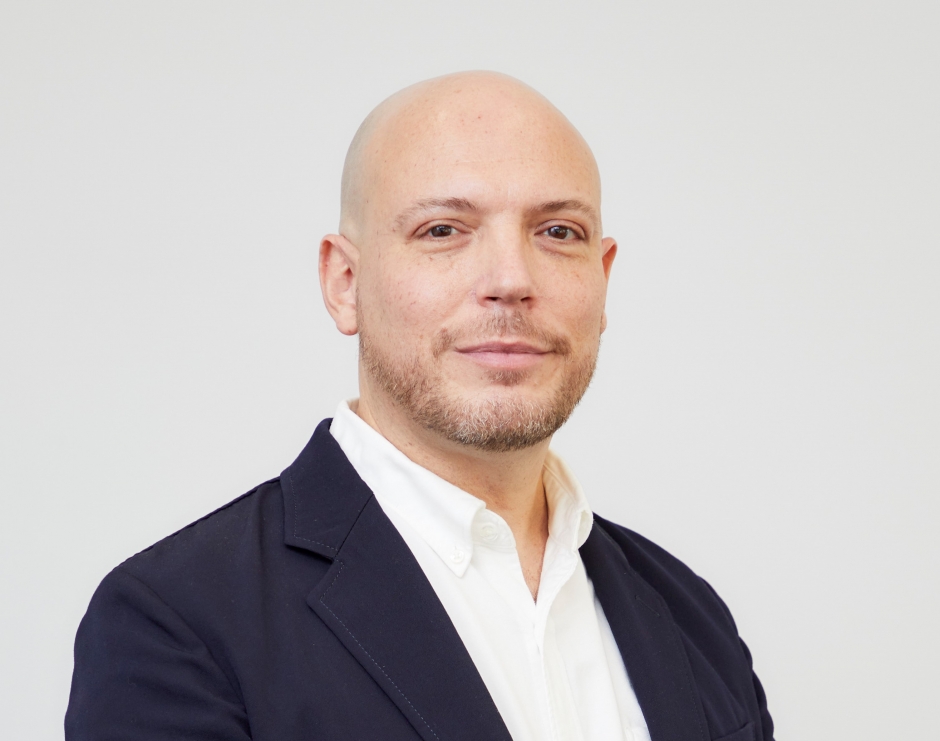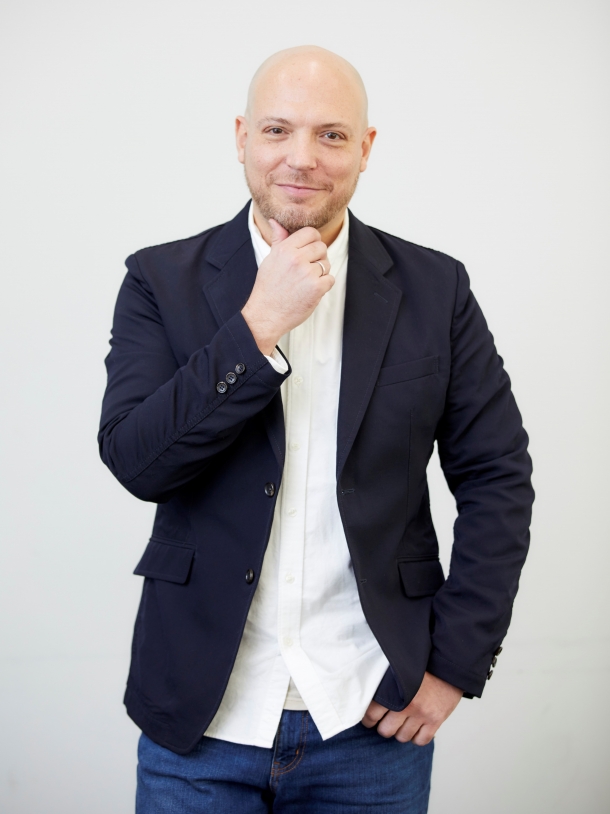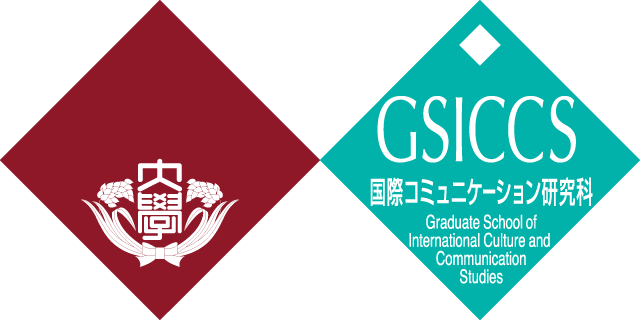- Faculty
- DVORAK, Greg
DVORAK, Greg

- Posted
- Fri, 21 Feb 2020

- Title:Professor
- Degree:Ph.D. in Interdisciplinary Cross-Cultural Research (Cultural Studies)(The Australian National University)
- Directed Research:Cultural Studies (Postcolonial Pacific and Asia Studies, Minority Histories, Art Studies)
- Research Field:Postcolonial Pacific Islands Studies, Gender Studies, Militarism Studies, Contemporary Art
Biography
My research explores the cultural politics of power, memory, and representation across Asia and Oceania, with particular attention to the historical and ongoing challenges faced by Pacific Islanders within Japanese and American spheres of influence. Engaging issues such as colonialism, militarization, nuclear legacies, climate change, and gender and sexuality, I study how people express resilience and critique through diverse cultural forms and practices.
Building on these themes, my recent work advances a “Resilience Studies” platform at Waseda University, exploring how embodied and sensory practices express cultural responses to environmental anxiety, postcolonial modernity, and the search for social reconnection. I am currently engaged in two major projects: one examines how minority artists and activists across Asia and Oceania confront climate change and militarism through contemporary art and transnational collaboration; the other investigates Japan’s current “sauna boom,” considering how youth use media, manga, design, and communal bathing practices to counter the isolation of a tech-saturated society, rekindle connections with nature, and cultivate a collective ethic of care.
I mentor self-motivated students whose projects engage critically with questions of decolonization, identity, and transformation, drawing on cultural studies, history, ethnography, queer studies, and transoceanic Pacific Islands thinking. I also teach these subjects in the School of International Liberal Studies and the Graduate School of International Culture and Communication Studies, and I work as an independent advisor and curator for contemporary art from the Asia–Pacific region.
Among my major publications is the book Coral and Concrete: Remembering Kwajalein Atoll between Japan, America, and the Marshall Islands (University of Hawaiʻi Press, 2018; paperback 2020).
Major Works / Publications Awards
https://w-rdb.waseda.jp/html/100001085_en.html
Directed Research
Culture, power, and meaning are deeply interconnected, shaping how histories are told, how identities are formed, and whose voices are heard—or silenced. My research and supervision focus on how popular culture, art, and everyday practices reflect and challenge systems of power, inequality, and belonging. Students are encouraged to see culture as a field where real-world issues, such as gender and racial hierarchies, colonial legacies, and environmental and social crises, are experienced, contested, and reimagined.
Drawing from postcolonial, feminist, queer, Indigenous, contemporary art, ethnography, and semiotic studies, this colloquium emphasizes historically grounded, interpretive, and self-reflective analysis. Students consider how their own perspectives shape their research questions and methods, and how accountability to others (especially marginalized communities) is essential to responsible scholarship. Together we explore how cultural forms both reproduce and resist domination, and how people express resilience and creativity in the face of inequity, trauma, or oppression.
While our focus is especially on Asia and Oceania, and projects related to Pacific Islands studies are particularly welcome, proposals that engage with other regions or multiple cultural contexts are also encouraged. Each student develops an original and well-focused project that investigates how cultural power and representation intersect within a specific topic or question. Projects are especially encouraged to view culture as a living field of struggle, creativity, and imagination—asking how meaning and power shape society, and how new ways of seeing can contribute to more equitable and sustainable futures.
MA and doctoral students often learn and support each other collaboratively as a cohort, sharing research, exchanging feedback, and developing a collective practice of thoughtful, creative, and accountable cultural analysis.
Please note: This seminar is intended for students interested in critical and interpretive approaches to culture rather than projects that primarily describe, quantify, or promote cultural trends. For example, studies centered mainly on media fandom, audience behavior, marketing, or heritage promotion are not compatible with this “cultural studies” directed research. Our emphasis is on analyzing why and how cultural representations and practices shape power, identity, and social meaning, rather than simply studying what people consume, produce, or enjoy.
Inquiry for Prospective Applicants (not for current students)
All inquiries from prospective applicants regarding program eligibility or application procedures must be directed ONLY to the GSICCS Admissions Office.
If you wish to contact a professor about their research areas, supervisory focus, or other professional matters, please do so exclusively through the official inquiry form provided on our website.
